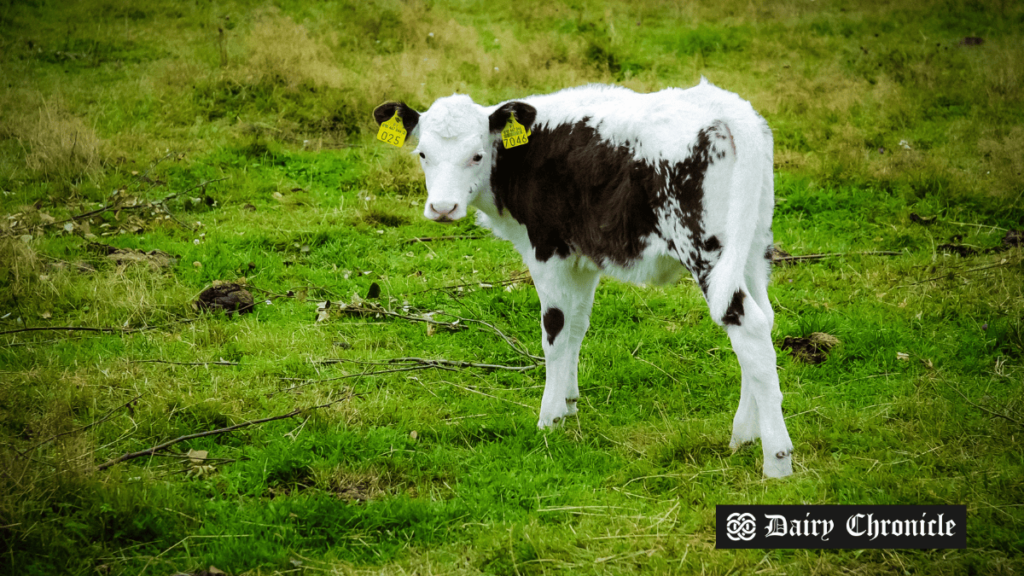Retained placenta in cows is a serious health issue affecting dairy farming in India. It can lead to infertility, decreased milk production, and increased veterinary costs. Proper nutrition, hygiene, and cow management during the dry period are key preventive measures.
Retained placenta, also known as retained fetal membrane, is a significant concern in the dairy industry in India, particularly impacting farmers and milk producers in states like Punjab, Uttar Pradesh, and Maharashtra. This condition occurs when a cow’s placenta fails to detach and expel within 24 hours after calving, leading to health complications and financial losses for dairy farmers.
Normal Expulsion Process and Risks
Under normal circumstances, cows expel their placental membranes within three to eight hours post-calving. However, if the placenta remains beyond 24 hours, the risk of infections and other health complications increases. The retained placenta may be visibly hanging from the cow’s vulva or remain undetected within the uterus, leading to foul-smelling discharge and potential systemic infections.
Economic and Health Implications
The presence of a retained placenta can lead to reduced reproductive efficiency, delaying the cow’s ability to conceive again and lowering milk production. Farmers often face increased veterinary costs due to necessary treatments and medications. Some of the associated health risks include:
- Ketosis: A metabolic disorder that affects energy balance.
- Metritis: Uterine infection that can lead to infertility.
- Mastitis: An infection of the udder impacting milk quality.
- Increased Infertility: Delays in breeding cycles affect farm productivity.
- Higher Veterinary Costs: Prolonged medical attention and antibiotics add to farm expenses.
Causes of Retained Placentas
Several factors contribute to this condition, including:
- Nutritional Deficiencies: Lack of essential nutrients such as selenium and Vitamin E.
- Metabolic Disorders: Conditions like subclinical milk fever.
- Complicated Deliveries: Difficult calving or multiple births.
- Premature Births or Abortions: Leading to incomplete placental detachment.
- Weakened Immune System: Poor overall health increases risk.
Management and Prevention
Farmers are advised to monitor affected cows closely in a clean environment. Manual removal is discouraged as it can cause further complications. In some cases, antibiotics may be administered under veterinary supervision. Prevention strategies include:
- Proper Nutrition: Ensuring adequate magnesium, selenium, and Vitamin E intake.
- Hygiene and Management: Maintaining a sanitary calving environment.
- Regular Health Monitoring: Early detection of metabolic diseases.
With India’s dairy industry being a significant contributor to the economy, addressing retained placentas effectively can enhance productivity and profitability for farmers. Strengthening preventive measures and veterinary support will be crucial in mitigating the impact of this condition on livestock health and farm efficiency.



